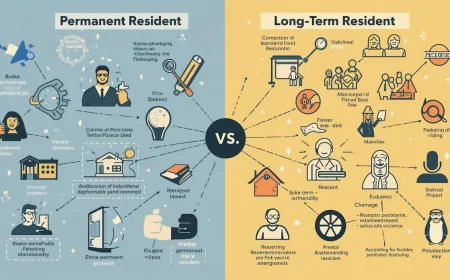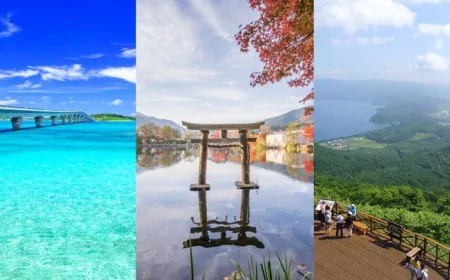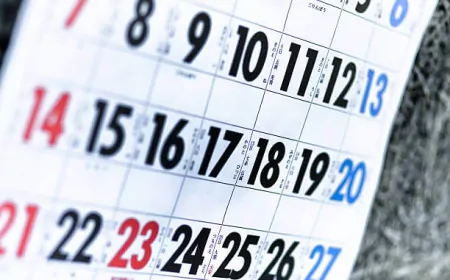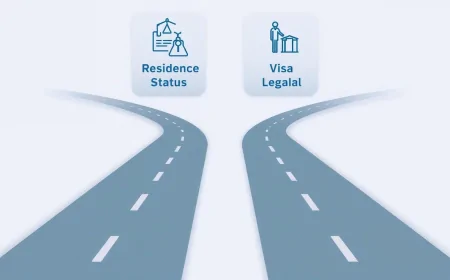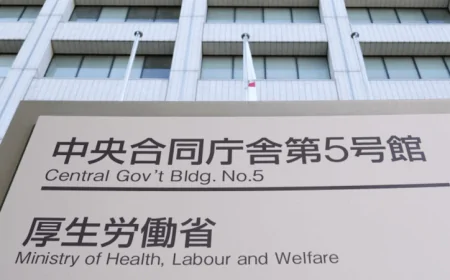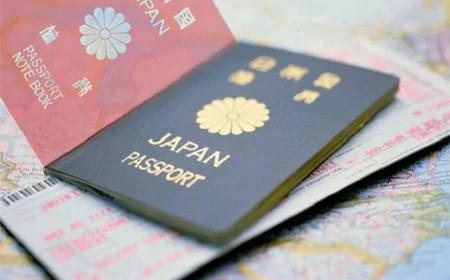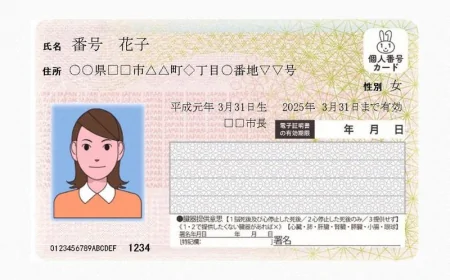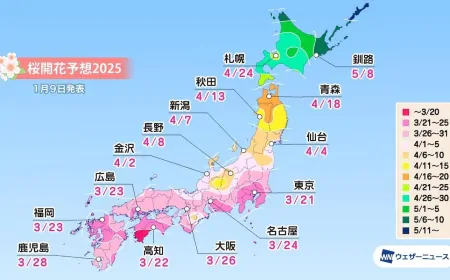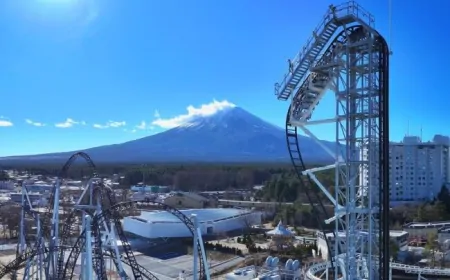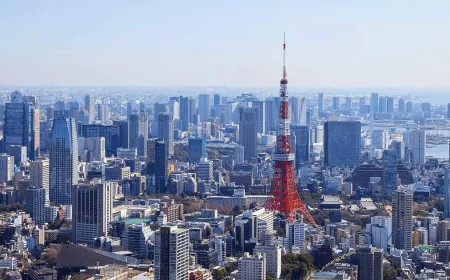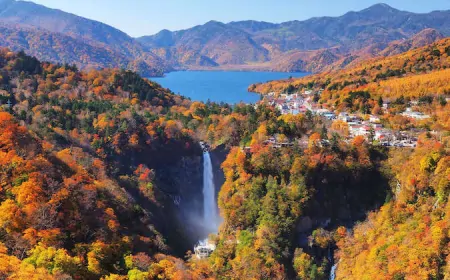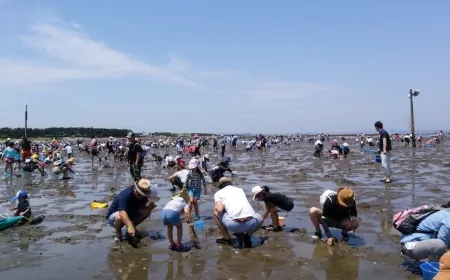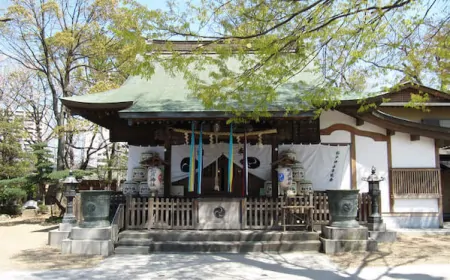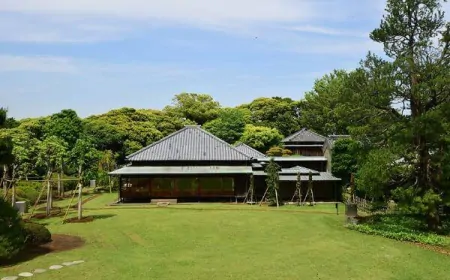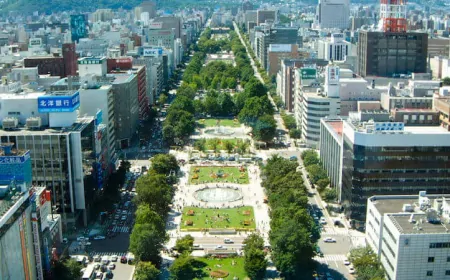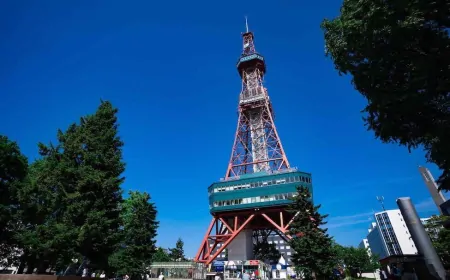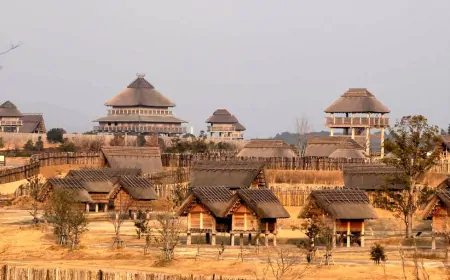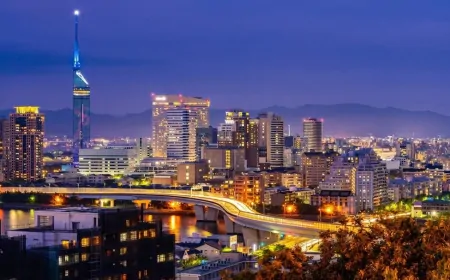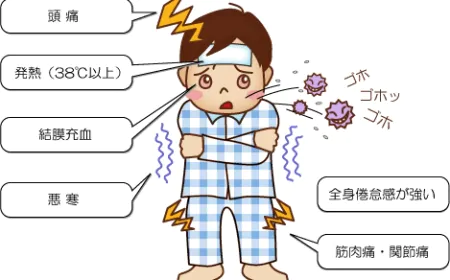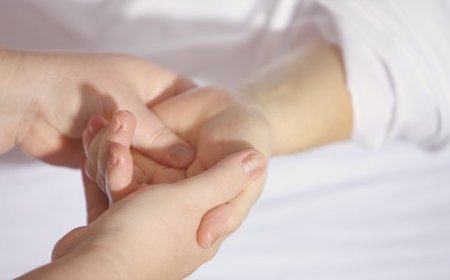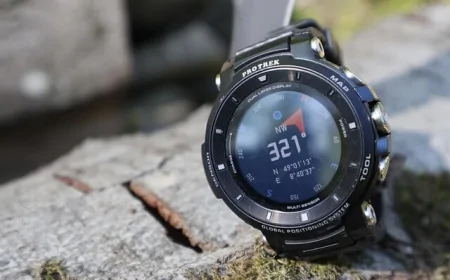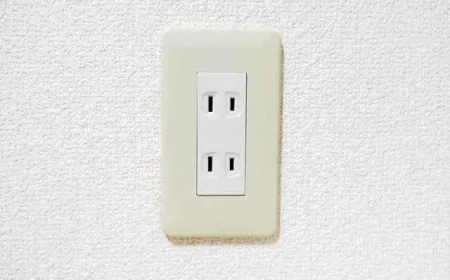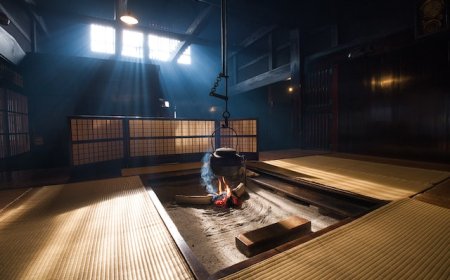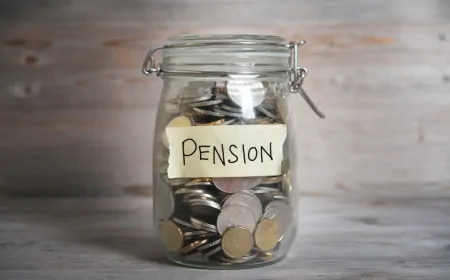What to do when an Earthquake strikes
Experiencing a significant earthquake can be unnerving, but staying calm and knowing how to respond is crucial for your safety.

In the event of an earthquake, quick decisions can make a life-saving difference. Let's go over some essential actions to take when an earthquake occurs.
1. Earthquake Occurs
- Stay Calm, Protect Yourself
- Take cover under a sturdy piece of furniture, like a desk, to shield yourself from falling furniture and objects.
- Quickly extinguish any flames, turn off gas valves, and avoid taking unnecessary risks.
- Open Doors and Windows, Secure an Escape Route
- Check for fire hazards and, if safe, open doors and windows to secure escape routes.
- In areas prone to tsunamis or landslides, evacuate immediately (within 1-2 minutes).
2. 1-2 Minutes Passed
- Confirm Fire Sources, Initial Firefighting
- Confirm the source of fires and extinguish them promptly.
- Ensure the safety of your family members.
- Put on shoes to protect your feet from glass shards and debris.
- Have an emergency kit with essentials ready (within 3 minutes).
- Check on Neighbors, Be Cautious of Aftershocks
- Check the safety of neighbors, especially the elderly or those living alone.
Be cautious of aftershocks; they often follow significant earthquakes (within 5 minutes).
3. 5-10 Minutes Passed
- Verify Information through Radio, Minimize Phone Use
- Use a radio to verify information; avoid being misled by misinformation.
- Minimize phone use to keep lines open for emergency calls.
- Avoid using cars, except in specific regions (e.g., mountainous areas).
- Leave Visible Notes for Departure
- If leaving your home, leave a visible note indicating your destination.
- Continue fire prevention measures by shutting off gas and electricity (within 5-10 minutes).
4. 10 Minutes - Several Hours Passed
- Firefighting and Rescue Operations
- Cooperate with neighbors in firefighting and rescue efforts.
- Report emergencies to local authorities such as the fire department.
Exercise caution, as aftershocks may still occur (within several hours).
5. Up to 3 Days
- Sustain with Emergency Supplies
- Rely on stocked essentials for up to three days as external support may be delayed.
- Stay informed through city announcements and updates on damages.
- Avoid entering damaged buildings and remain vigilant against aftershocks.
6. During Evacuation Period
- Follow the Lead of Self-Defense Groups
- Follow the guidance of local self-defense groups for coordinated actions.
- Adhere to rules for communal living, emphasizing mutual support and avoiding close contact.
- Prioritize hygiene practices and avoid overcrowded spaces.
Remember, preparedness and calm action are key elements in ensuring your safety during an earthquake. Share this information with fellow residents to foster a supportive and secure community.
-------------------
Injavi.com - Visit Japan | Visit in Japan
Guide to living, studying and working in Japan
記事に関連する商品











